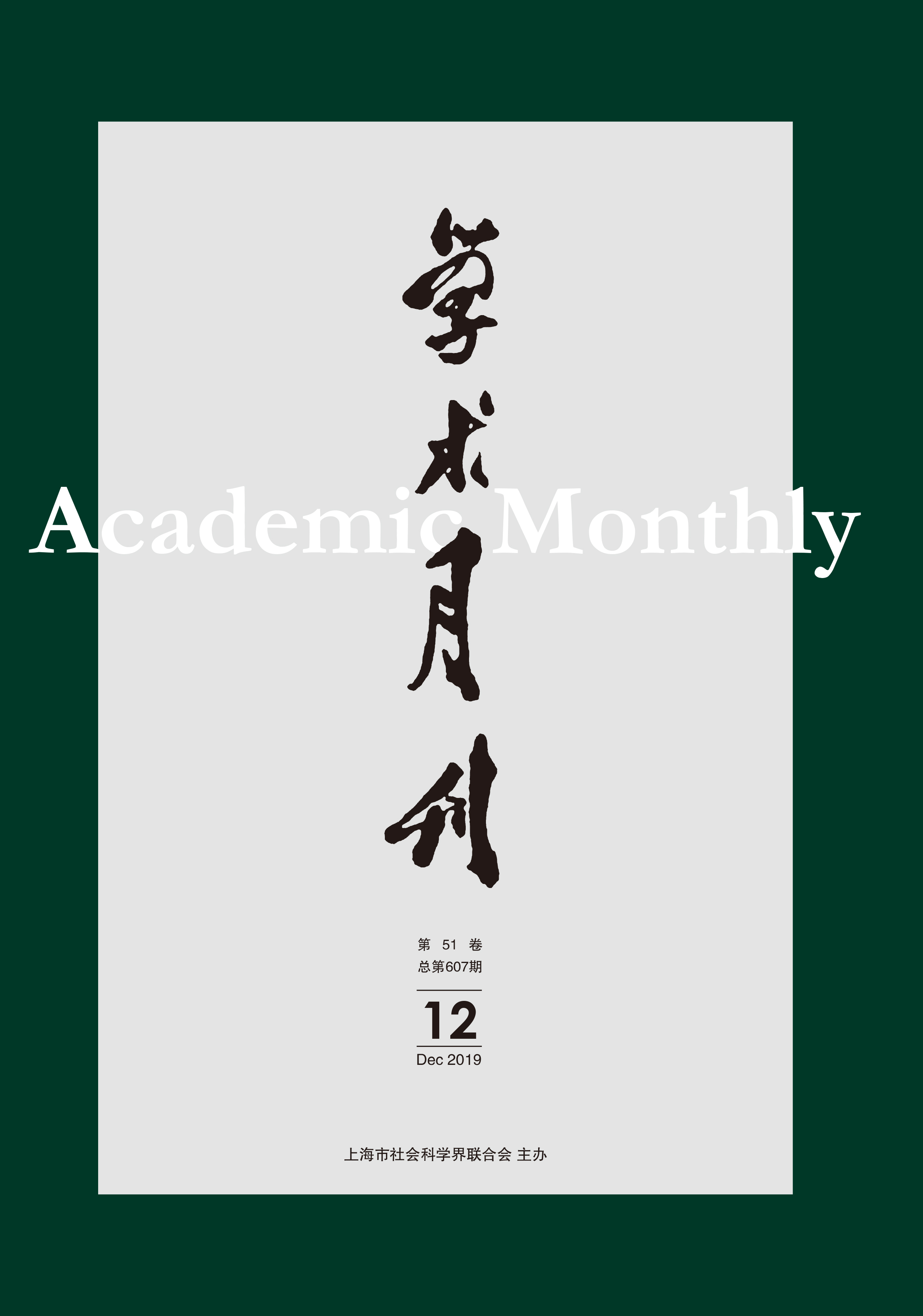Re−examination of the Character Theory of Provincial in Hebei
- Available Online: 2019-12-01
Abstract: Hengzhou’s unique geographical location and the status of foster son of Li Baochen’s Xi chieftain make many generals gather in Chengde Province, and then form a general group that can dominate the political trend of Fanzhen Province. However, after Li Baochen completely seized power, he began to replace military generals with close relatives, and even destroyed the general group by killing, until three years after the founding of Jianzhong (782), when Li Weiyue died in the Guild Hall and the general group tended to end. The historian’s own political experience and the purpose of governing history make Shi Chengzhong exaggerate the image of Wei Bo’s rebellion intentionally or unintentionally. In fact, Wei Bo’s Forbidden Army experienced the evolution from the pro-guard army to the non-pro-guard army, until the era of Yue Yanzhen’s reign in Wei Bo, the Yibing (“牙兵”) could truly dominate the fate of Fanzhen. The Chengde General Group, which began in the period of the reign of Zhide, developed before the semi-secessionist era of Heshuo Fanzhen, and it was the end of Tang Dynasty that Wei Bo’s forbidden army really became the representative of Fanzhen’s character. There was no time overlap between them, and they never lived in the same era. After Changqing, the three Provinces of Heshuo gradually diverged in the power structure of Fanzhen, and the festival of Chengde Province strengthened the control over the power of Fanzhen; Youzhou Province played a leading role as a general of the forbidden army; Weibo Province gradually took power and controlled the fate of Fanzhen.



 沪公网安备 31010102003103号
沪公网安备 31010102003103号 DownLoad:
DownLoad: